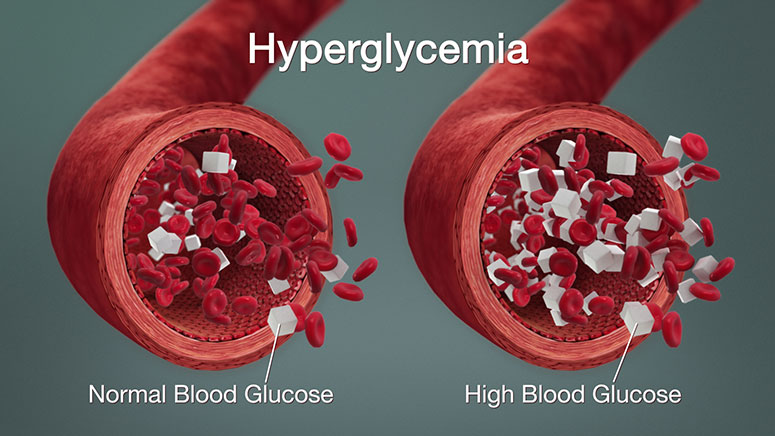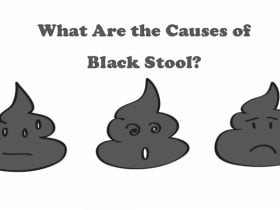Overview

High blood sugar affects people who have diabetes. Several factors are responsible for hyperglycemia in patients with diabetes, such as food and physical activity choices, illness, nondiabetic medications, or skipping or not consuming sufficient medications for lowering glucose levels.
It is imperative to treat hyperglycemia because it can become serious and lead to several complications which include diabetic coma. In the long run, consistent hyperglycemia, even though it is not sincere, can lead to complications affecting the eyes, nerves, heart, and kidneys. There are two types of hyperglycemia, which include: fasting hyperglycemia (this is caused by not eating or drinking anything for at least 8 hours) and postprandial or after-meal hyperglycemia (this is an increase in blood sugar higher than 180mg/dl, 2 hours after eating. It is almost impossible for people without diabetes to have blood sugar levels higher than 140 mg/dl.
Patients with type 1 diabetes are at higher risks of having build-up acids in the stomach called ketoacidosis. People with type 2 diabetes or at risk of having it can have a deadly condition in which the body is unable to process sugar (hyperglycemic hyperosmolar nonketotic syndrome) if they have excess sugar in their blood. They experience peeing more often than usual, serious dehydration, and the darkening of urine.
Doctors try to treat symptoms of high blood sugar immediately to avoid any complications.













